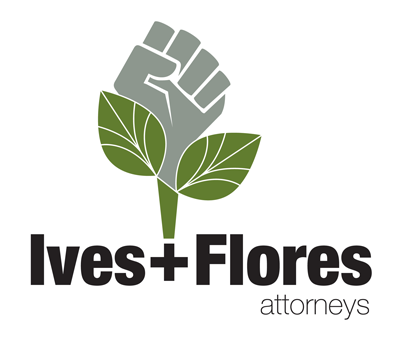Employers do not always treat their employees fairly. They fire workers for all sorts of legitimate reasons, even if those reasons seem unfair. Deserving candidates are turned down all the time for reasons ranging from the petty to the substantial. There is a line, however, that employers may not cross. That line is defined by the anti-discrimination laws enacted by the federal government and state governments throughout the U.S.
When is it discrimination?
If your employer terminated your employment, demoted you or gave you some other adverse treatment because of your work performance, punctuality or simply to save the company money, they are acting within the law. They may not, however, base employment decisions on certain protected characteristics such as:
- Age
- Race
- National origin
- Religion
- Sex
- Pregnancy status
These characteristics are out of your control and should never be the basis for decisions that affect your livelihood. If this has happened, it is a case of workplace discrimination.
How were you mistreated?
Discriminatory behavior takes many forms, from changes in employment status to day-to-day slights. No decision regarding an employee’s status, from hiring to termination, from demotion to promotion, from poor to stellar performance reviews, must ever be based on a protected characteristic.
Offensive work environments fall within the definition of discrimination. If your employer tolerates harassment, crude or racist jokes or other offensive behavior, they have failed in protecting you and failed to follow the law. You have powerful legal recourses at your disposal.
You aren’t in this alone
Civil rights champions have fought for decades to ensure that Americans can work in environments free from discrimination. While these harmful practices still persist, skilled legal allies are prepared to fight for the oppressed and mistreated. If you have suffered financial or emotional harm due to workplace discrimination, talk with an employment law attorney who can help you explore your options.
